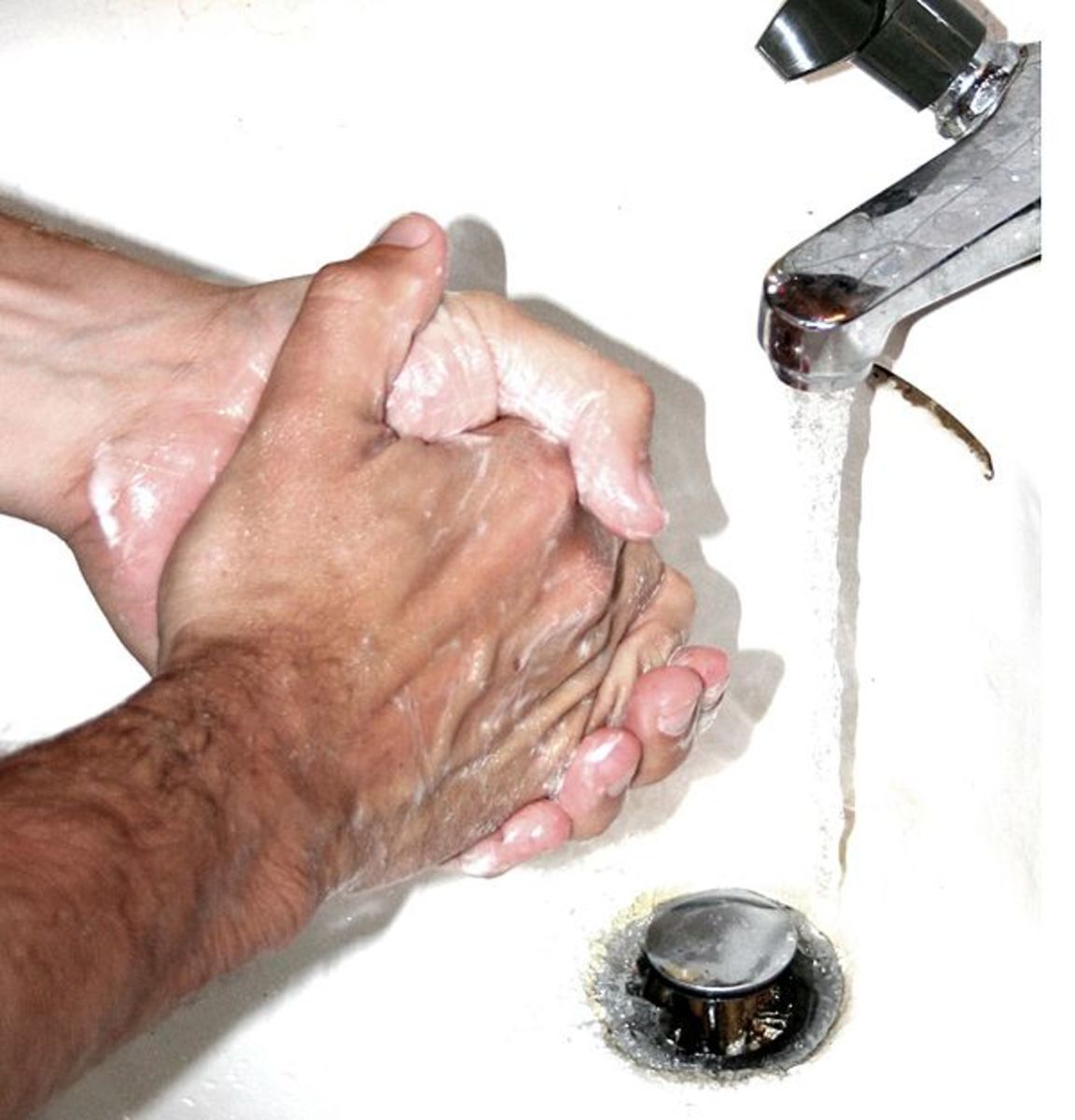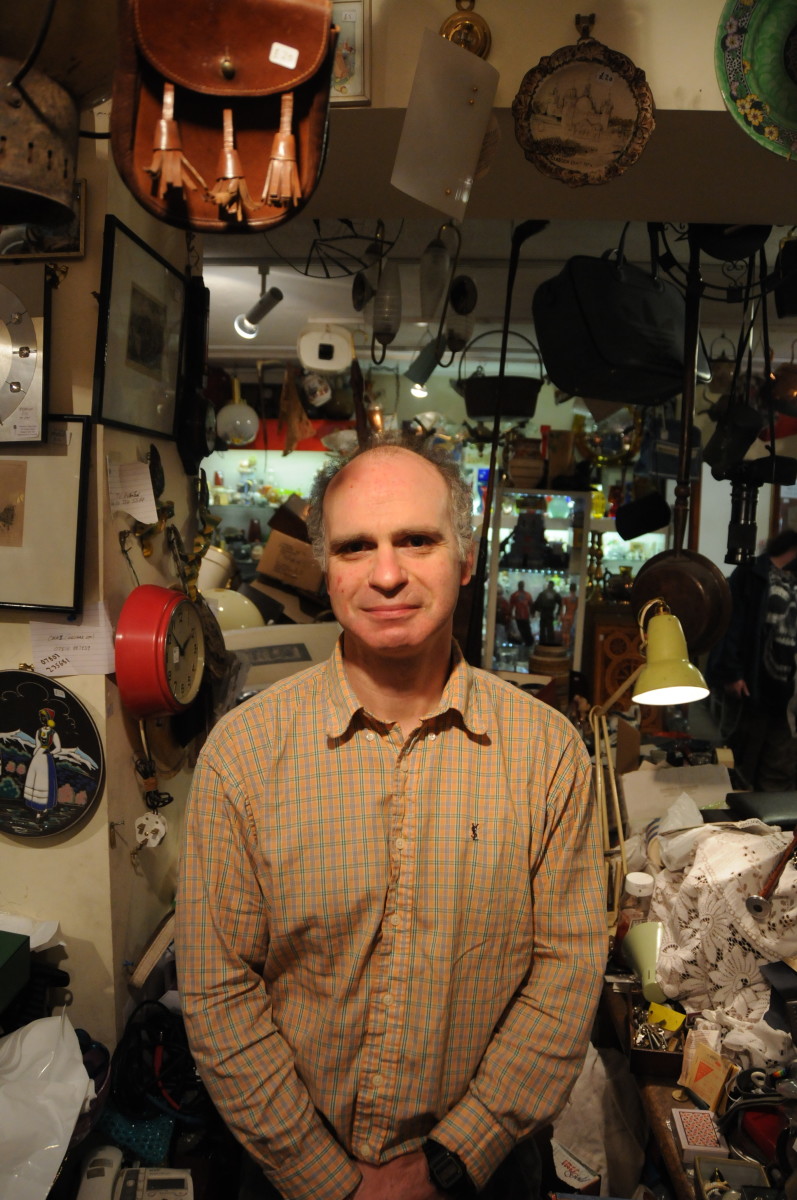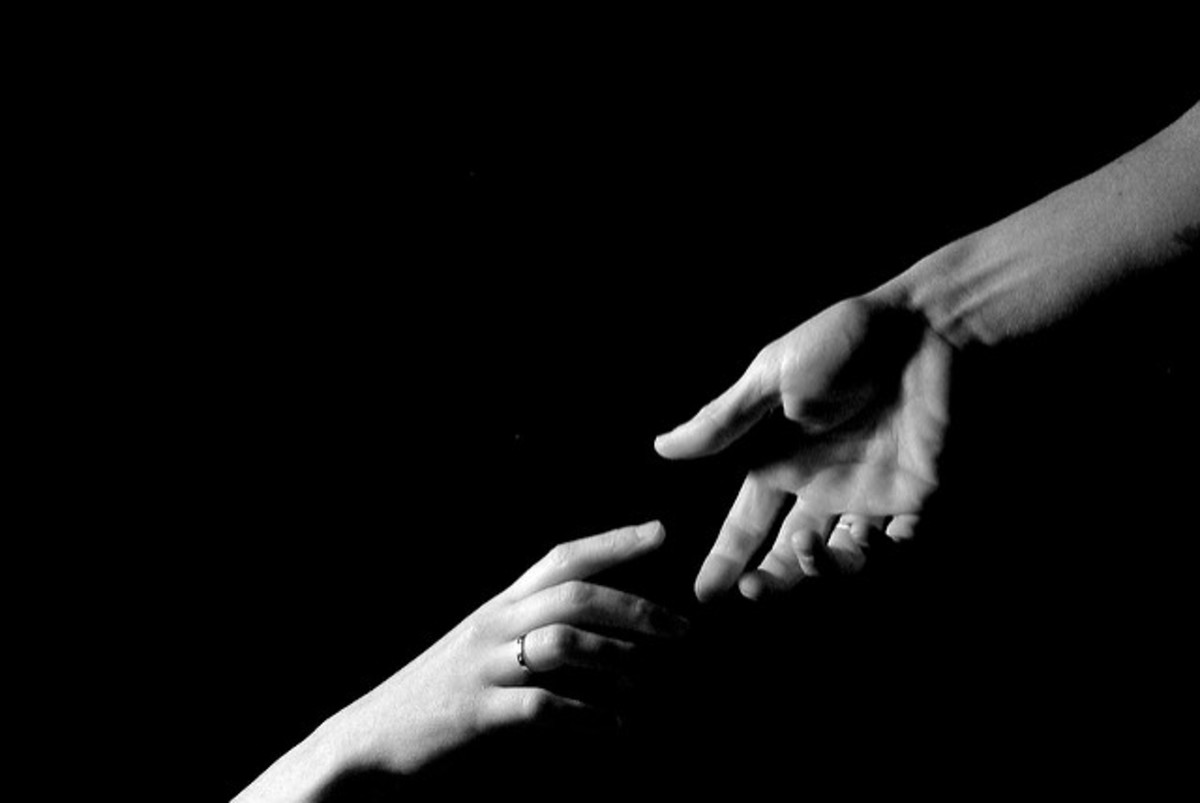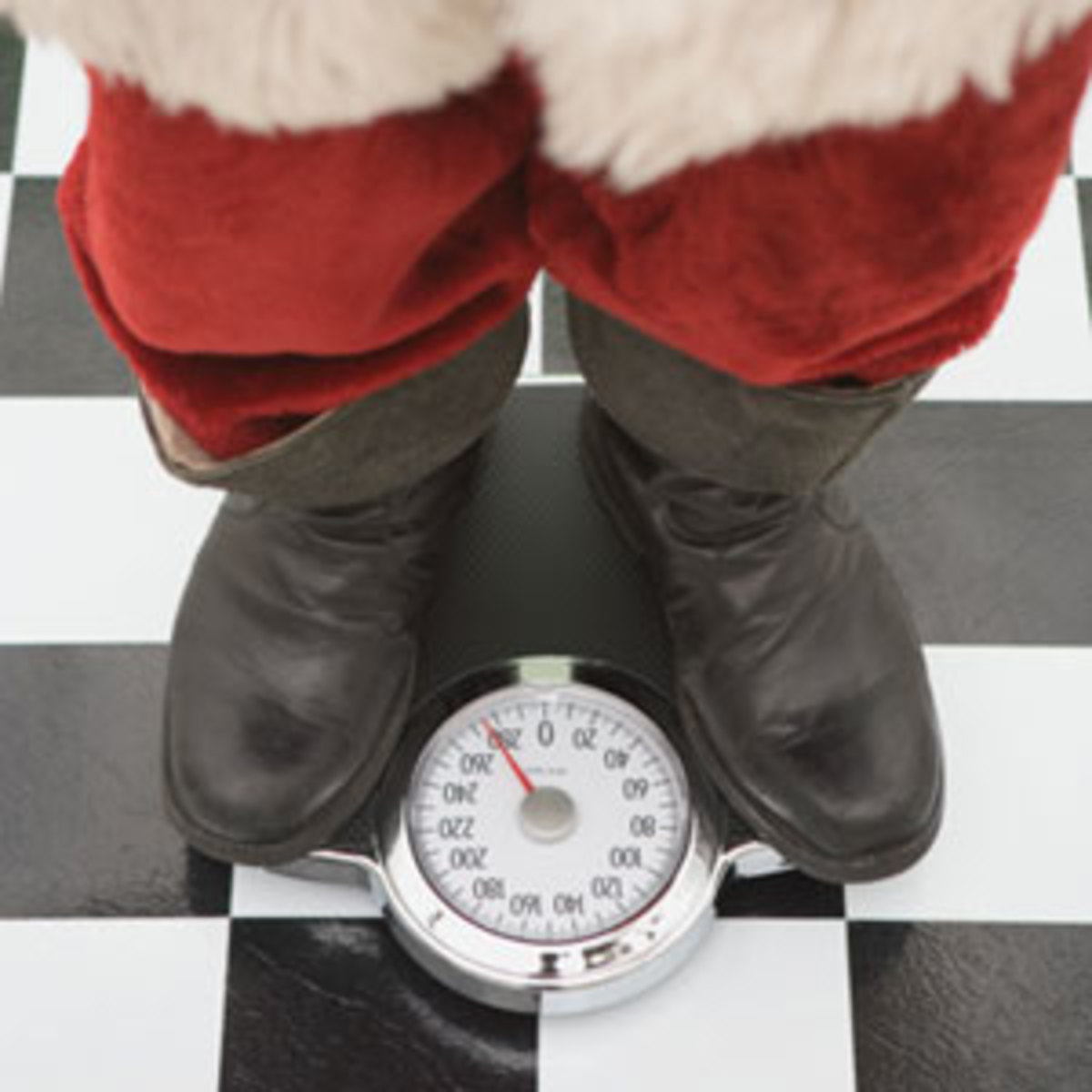Obsessive-Compulsive Disorder (OCD) Signs And Symptoms
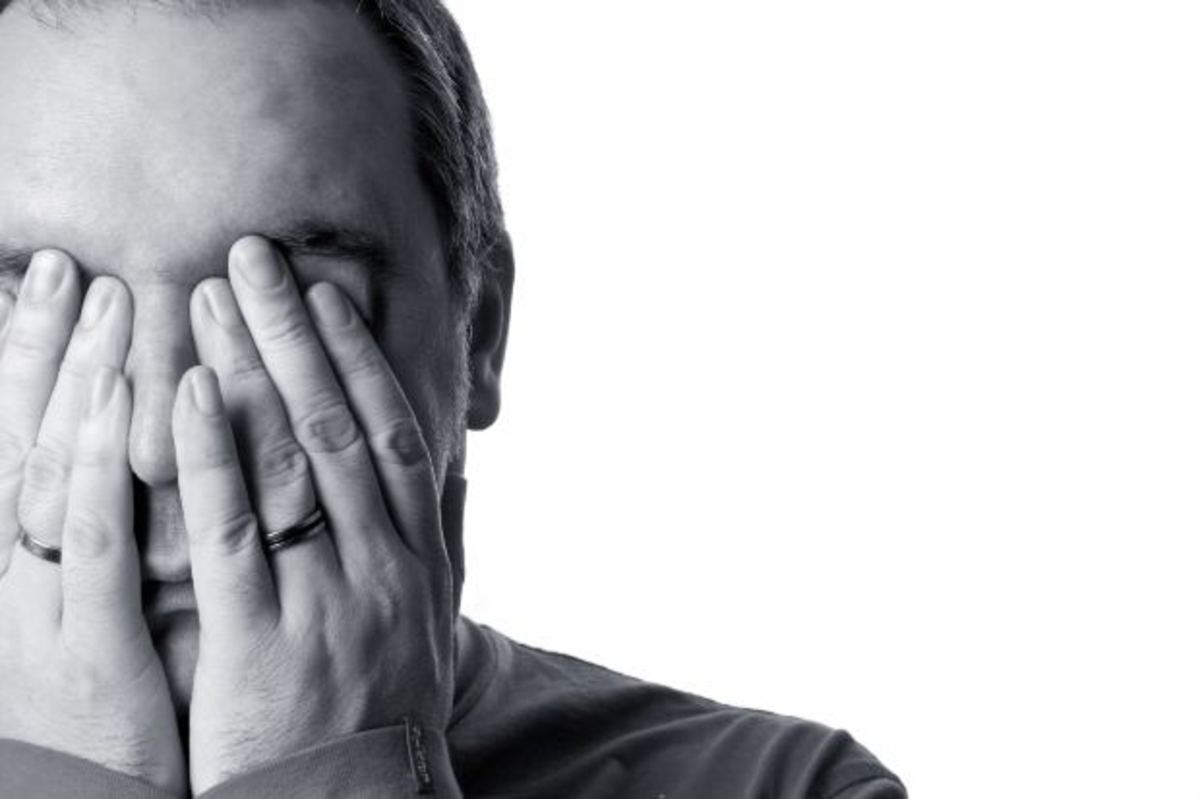
What Is OCD?
Obsessive-Compulsive Disorder (OCD), is obsessive thoughts and compulsive behaviors so unpleasant that they complicate your daily life. It's rational on occasion to go back and verify that the stove is turned off or your door is locked. But when these compulsions start dictating your life it becomes an obsession.
If you have Obsessive-Compulsive Disorder you may feel ostracized, not to mention helpless and ashamed. You are not alone. In the United States, one in 50 adults have OCD, and twice that many have had it at some point in their lives.
Obsessive-Compulsive Disorder is an anxiety disorder characterized by uncontrollable thoughts with recurrent ritualized behaviors you feel compelled to act out almost continuously. People with OCD recognize their obsessive compulsive behaviors as being irrational. The problem is they cannot resist doing them. That is why they are called compulsions.
Obsessions are distressful feelings of fear, disgust, and the need to manage things. Even things you have no control over. Compulsions are not gratifying, the rituals are preformed to gain relief from the recurrent obsessions.
Symptoms Of OCD:
- Checking doors/windows repeatedly
- Washing your hands excessively
- Thoughts you might hurt someone
- Picking at your skin or other areas- This goes by the name trichotillmonia
- Impulse to shout in inappropriate places- Mild tics
- Intrusive images that are disturbing
- Excessive worrying
- Hoarding
- Revulsion of body waste
- Superstitious fears
- The need for symmetry and order
- Mental rituals to distract obsessive thinking
It is not uncommon for people with OCD to share difficulty with daily activities, such as tardiness, perfectionism, procrastination, indecision, discouragement and family upsets.
Routinely, compulsions are performed in an attempt to make obsessions go away. For example, if you are afraid of contamination, you might develop elaborate cleaning rituals. Unfortunately though, the relief never lasts. Or you may may have a counting ritual to stop a washing compulsion.
OCD Is Treatable
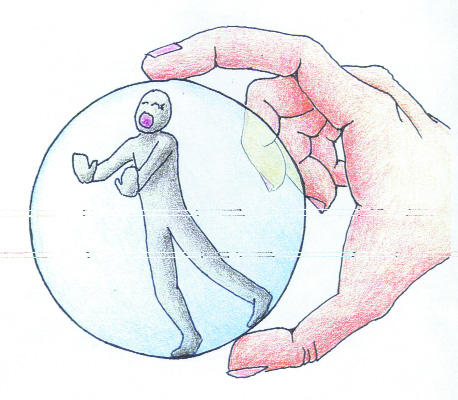
You Might Like:
- How Does Summer Heat Affect Your Bipolar Moods?
Do you have bipolar disorder? Have you ever wondered if the heat of summertime has any effect on your mood cycles? Read further to find out if summer heat is effecting your mood swings. - Living With Bipolar Disorder-Tips To Manage Symptoms
Helpful advice to help you manage bipolar symptoms. These tips can be extremely useful if you are struggling with bipolar disorder. - A Little Bipolar Nagging Never Hurt Anybody
There Is Hope
Most people with obsessive-compulsive disorder usually fit into following categories:
Washers are afraid of contamination. They usually have cleaning or hand-washing compulsions. They will wash their hands up to 50 times a day.
Checkers. Repeatedly check things they associate with harm or danger. Such as repeatedly checking to make sure a door is locked.
Doubters and sinners. Are afraid that if everything is not just right or done perfectly something bad is going to happen and they will be punished.
Counters and arrangers. Are obsessed with order and symmetry. They may have superstitions about certain numbers, colors, or arrangements. Everything needs to be in particular order.
Hoarders cannot throw anything away without fearing something bad will happen.They compulsively hoard things they have no use for. Even when they know it is a piece of trash, it has a use for them.
Obsessive-compulsive disorder can cause enormous distress, it can take up a lot of time, and interfere with your daily life, job, or relationships. It consumes hours and hours out of the day.
Many doctors use a tool called Structured Clinical Interview for DSM Disorders to diagnose obsessive compulsive disorder. Other ways to diagnose OCD is an examination of current symptoms, family history, symptoms take up more than 1 hour a day or interfere with work, home and relationships. About 80% of people who suffer from OCD usually experience depression in some capacity or another.
Treatment usually includes behavioral therapy and medication. The therapy goal is to identify the obsessions and compulsions. Then the therapist starts Exposure ritual/response prevention (ERP) . Which includes being exposed to objects or situations that trigger the fear and anxiety, but averts you from engaging in the compulsive behavior.
Medications prescribed might include antidepressants. About 70% of people with OCD respond remarkably well to antidepressant medication, and about 40% experience a partial reduction of their OCD symptoms.
Some of the medications used to treat OCD are Prozac, Paxil, Zoloft, Luvox and Anafranil. As with any medication, it commonly takes 8-12 weeks to feel the affect. Your doctor may increase the dosage over that time period to make sure you are getting the correct dosage.
Although there is no cure for obsessive-compulsive disorder, blending the two therapies, it is feasible to have alleviation of OCD symptoms and live a normal life.



